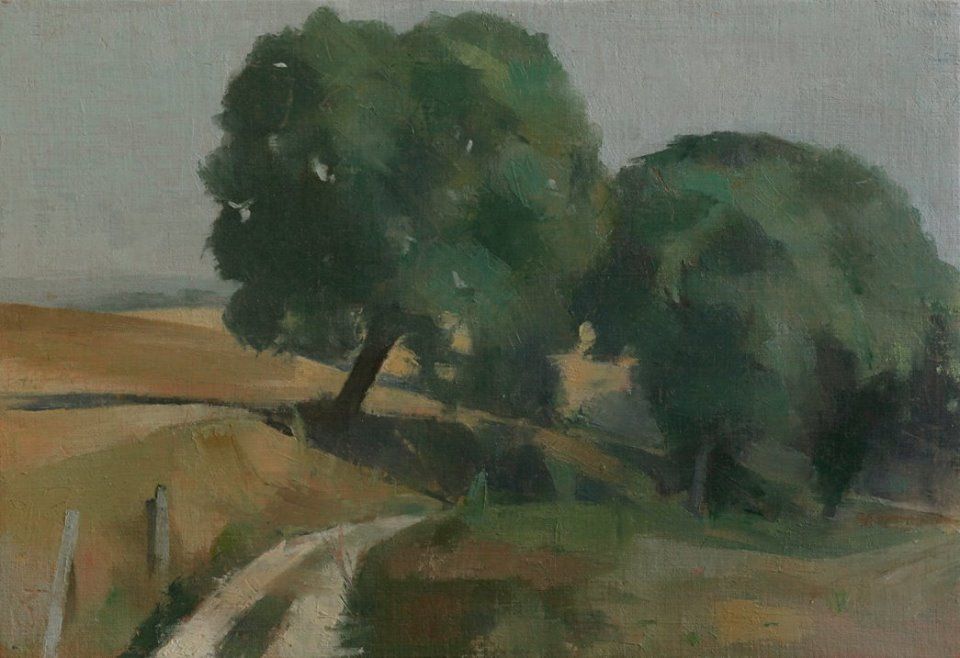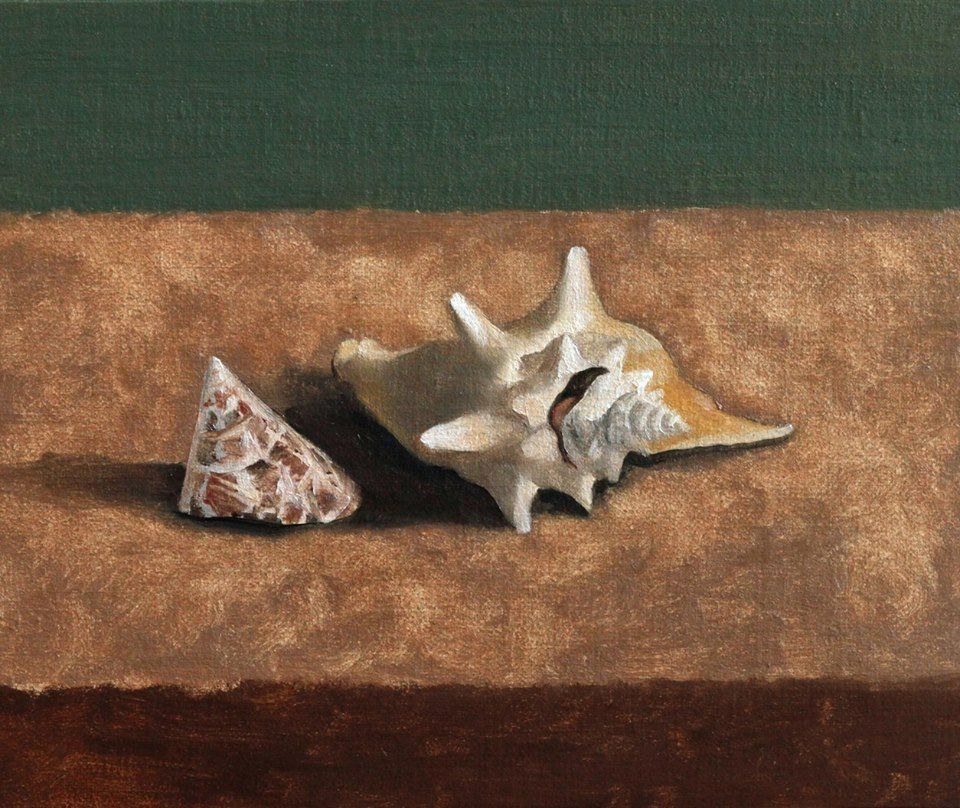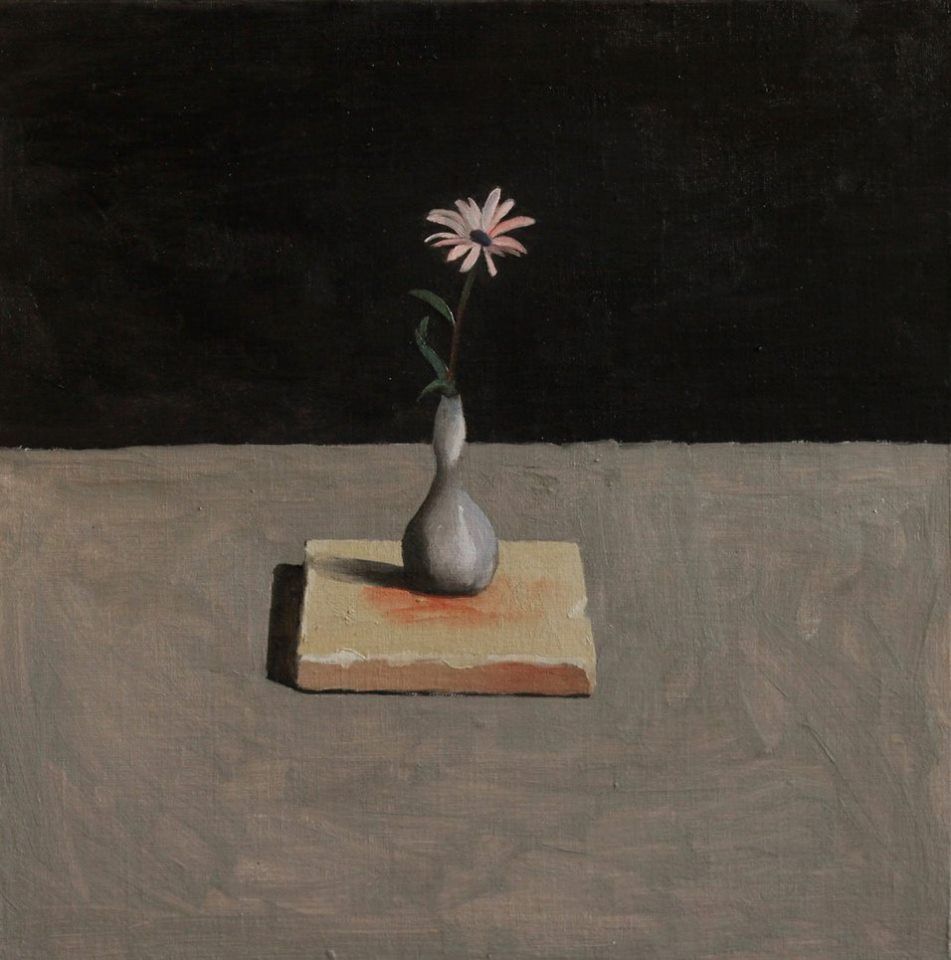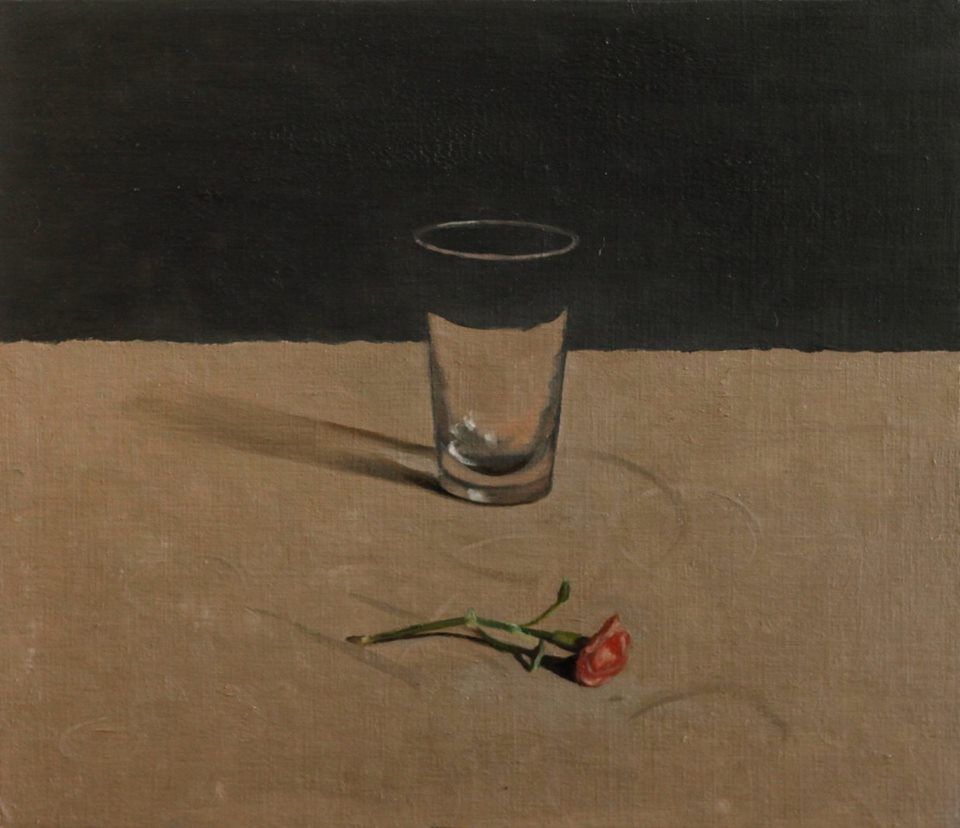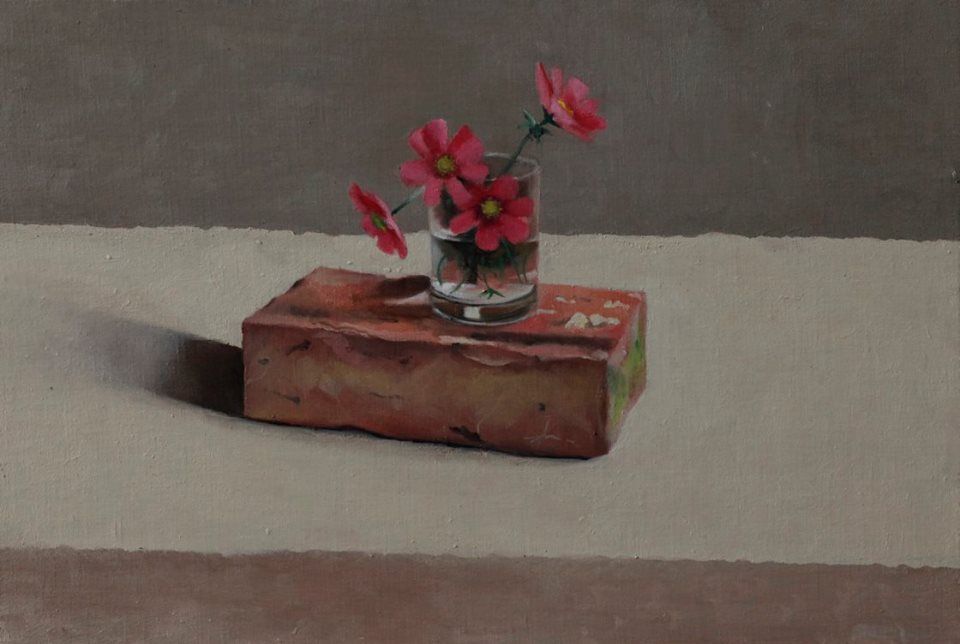Mind objects
Mind objects
18 October - 8 November 2015
Solo Show
Artist Conrad Frankel
Official opening: Sunday 18th October 2015, 3 pm, at the Olivier Cornet Gallery, 3 Great Denmark Street, Dublin 1.
Guest Speaker: Brian Sheridan.
"The eye is a visual organ that sees objects. The ear is an auditory organ that is stimulated by sound. And so with the nose, tongue and body. The mind, or consciousness responds to mind objects, which are objects that exist in the imagination. Mind objects can only be represented or modelled in the physical world.
'Where there is neither I nor youWho wants to see the way'
I have always felt a strong affinity with Buddhist sayings such as this one. I feel drawn on towards trying to discover what is meant. It is the opposite of much of western thought, e.g.: 'I think therefore I am puts thought as a centre point of being. There is a Zen saying: 'I don't think therefore I am not', which in a way is a provocation telling us to put down our stories about reality, let go of our ego, our thought based 'I am' and get in touch with reality through a different channel.
So, what do these brief theological musings have to do with my paintings? All paintings are fluid based fictions that have dried. They are physical ideas. Picasso said that paintings are machines that print images onto the mind. So what is the function of these mind made fictitious printing machines? To delight, to stimulate, to provoke, to soothe, to challenge. They are ideas without words.
Concentration means to focus on one thing, one mind object. The Buddhists say you can only concentrate when you stop thinking, concentration as no-thought awareness.
These paintings are responses to objects in the physical world. They are grounded in my practice of working from 3D to 2D. There is no meaning to be found in these paintings other than a joyous response to objects in light. I have no message to deliver, no word based ideas to disseminate. Since my youth I have always had a love for mark making and for the drama of paint and illusion."
Conrad Frankel, September 2015
Coverage:
"...But the Flaminia paintings he did manage to make are timeless and classical. Using palette knife not brush the effect is soft, gentle, beautifully atmospheric."
Extract from
-
Button
'Tea caddy and spatula', oil on linen on wood, 25x30cm
-
Button
'Via Flaminia 2’, oil on linen on wood, 30x44cm
-
Button
'Shells', oil on linen on wood, 25x30cm
-
Button
'Pyrex bowl', oil on linen on wood, 22x32cm
-
Button
'Old court vase with cosmos', oil on linen on wood, 25x30cm
-
Button
'Old bottle with bowl', oil on linen on wood, 33x35cm
-
Button
'Muse', oil on linen on wood, 25x30cm
-
Button
'Flower on tile', oil on linen on wood, 30x30cm
-
Button
'Cider glass and tea bowl', oil on linen on wood, 25x30cm
-
Button
'Glass with cut flower', oil on linen on wood, 30x35cm
-
Button
'Birds nest on sketchbook', oil on linen on wood, 22x30cm
-
Button
'Carnations in glass vase', oil on linen on wood, 30x30cm
-
Button
'Always returning', oil on linen on wood, 44x54cm
-
Button
'Cosmos', oil on linen on wood, 30x44cm
View more
Opening hours:
Tuesday to Friday: 11am-6pm (till 8pm on Thursdays)
Saturday & Sunday: 12 noon-5pm
© 2024 Olivier Cornet Gallery, Dublin (Ireland).
All rights reserved.


